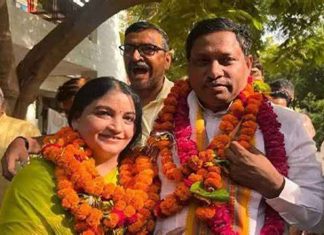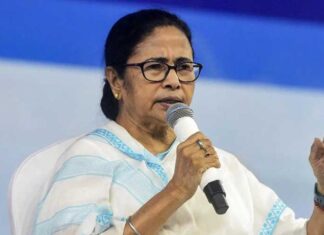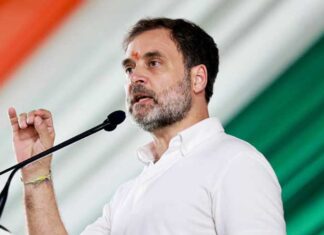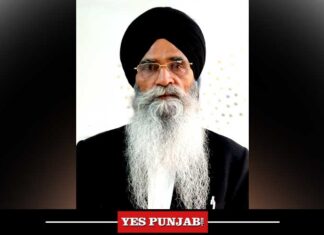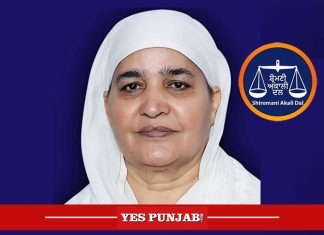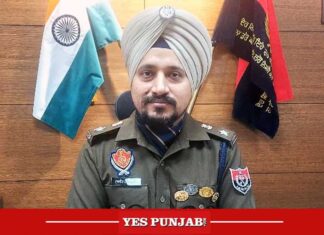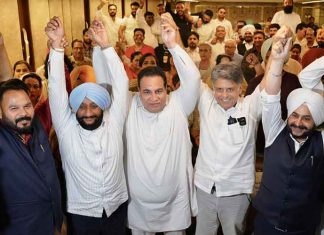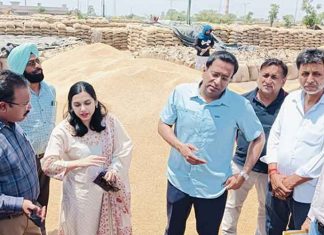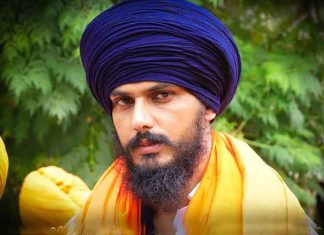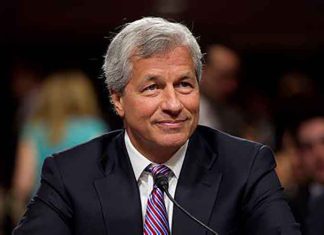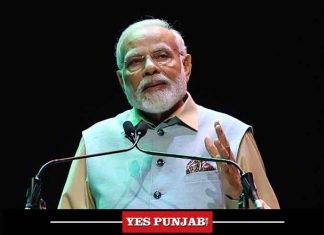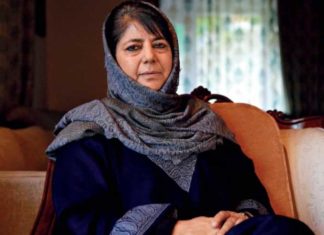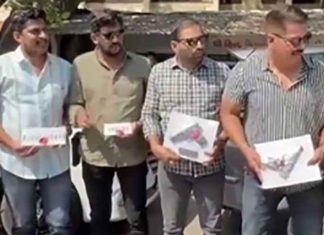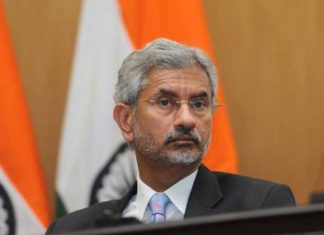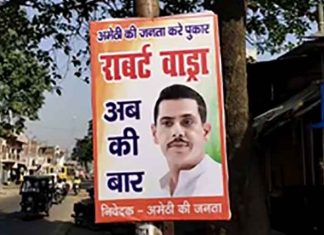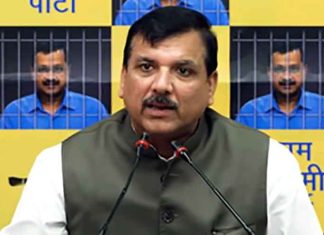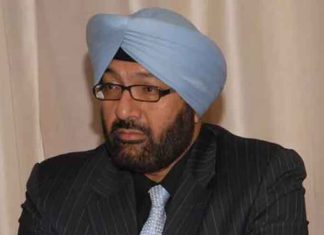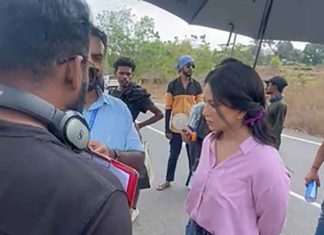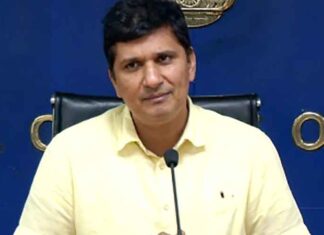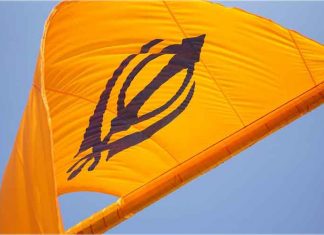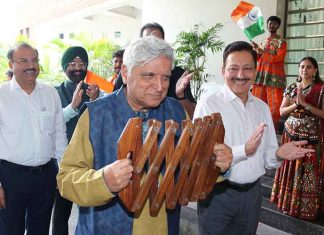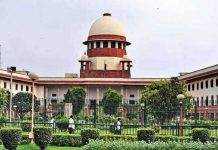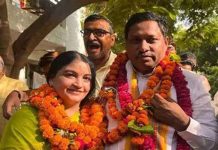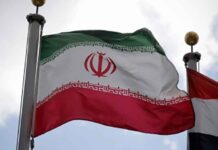New Delhi, Dec 13, 2021 – Prime Minister Indira Gandhi was so deeply shocked by an article that appeared in the UK’s ‘Sunday Times’ newspaper that, as she later recalled to its editor, Harold Evans, it set her “on a campaign of personal diplomacy in the European capitals and Moscow to prepare the ground for India’s armed intervention” in the then East Pakistan.
The 9,000-plus-word article, which appeared on June 13, 1971, exposed the brutality of Pakistan’s suppression of the uprising led by the Mukti Bahini. Written by Anthony Mascarenhas, a Pakistani journalist who was born in a Goan Catholic family in Belgaum (present Belgavi in Karnataka), its back story is as fascinating as the impact it had.
It forced the reporter’s family into hiding and changed history, according to an article by Mark Dummett on BBC News. The detailed article appeared on December 16, 2011, the 40th anniversary of Pakistan’s surrender to India.
Mascarenhas exposed for the first time the scale of the Pakistan army’s brutal campaign to suppress the breakaway eastern province in 1971. It is one of the most influential pieces of South Asian journalism of the past half century, BBC said. And it helped turn world opinion against Pakistan and encouraged India to play a decisive role.
Not that this was ever Mascarenhas’ intention. He was, as Evans noted in his memoirs, “just a very good reporter doing an honest job”.
He was also very brave. Pakistan, at the time, was run by the military, and he knew that he would have to get himself and his family out of the country before the story could be published – not an easy task in those days, the BBC report said.
When the war in what was then East Pakistan broke out in March 1971, Mascarenhas was a respected journalist in Karachi (he was the assistant editor of the Karachi newspaper ‘Morning News’), on good terms with Islamabad’s ruling elite. He was also a member of the port city’s minuscule community of Goan Catholics, and he and his wife Yvonne had five children (a daughter and four sons).
The conflict was sparked by elections, which were won by an East Pakistani party, the Awami League led by Sheikh Mujibur Rehman, which wanted greater autonomy for the region.
The Pakistani army decided it would be a good idea to invite some Pakistani reporters to the region to show them how they had successfully dealt with the “freedom fighters”.
Eight journalists, including Mascarenhas, were given a 10-day tour of the province. When they returned home, seven of them duly wrote what they were told to.
But one of them refused, BBC reported.
Clearly it would not be possible to do so in Pakistan. All newspaper articles were checked by the military censor, and Mascarenhas said to his wife he was certain he would be shot if he tried.
Pretending that his family was visiting London to meet his ailing sister, Mascarenhas first got them to move and then he himself slipped into Kabul on foot from Peshawar. From Kabul, he flew to London, where he headed straight to the Sunday Times and the editor’s office.
“He’d been shocked by the Bengali outrages in March, but he maintained that what the army was doing was altogether worse and on a grander scale,” Evans was to recall in his memoirs. Coincidentally, his brother was posted in the UK embassy in Islamabad, so Evans had a fair idea of what was happening and therefore believed Mascarenhas’ account.
Mascarenhas had informed him he had been an eyewitness to a huge, systematic killing spree, and had heard army officers describe the killings as a “final solution”. Evans promised to run the story, but first Yvonne and the children had to escape Karachi, according to the BBC report.
They had agreed that the signal for the newspaper to start preparing for the publication of the article was a telegram from Mascarenhas saying that “Ann’s operation was successful”.
To avoid suspicion, Mascarenhas had to return to Pakistan before his family could leave. But as Pakistanis were only allowed one foreign flight a year, he then had to sneak out of the country by himself, crossing by land into Afghanistan, the BBC report said.
The day after the family was reunited in their new home in London, the ‘Sunday Times’ published his article, spread across two pages, under the one-word banner headline ‘Genocide’.
Mascarenhas’ article was – from Pakistan’s point of view – a huge betrayal and he was at once accused of being an enemy agent. Pakistan continues to deny its forces were behind such atrocities as those described in detail by Mascarenhas, and blames the notion on what it insists is Indian propaganda.
In Bangladesh, of course, he is remembered more fondly, and his article is still displayed in the Liberation War Museum in Dhaka.
“This was one of the most significant articles written on the war. It came out when our country was cut off, and helped inform the world of what was going on here,” Mofidul Huq, a trustee of the museum, was quoted by BBC saying. (Agency)
Subscribe to YesPunjab Telegram Channel & receive important news updates





